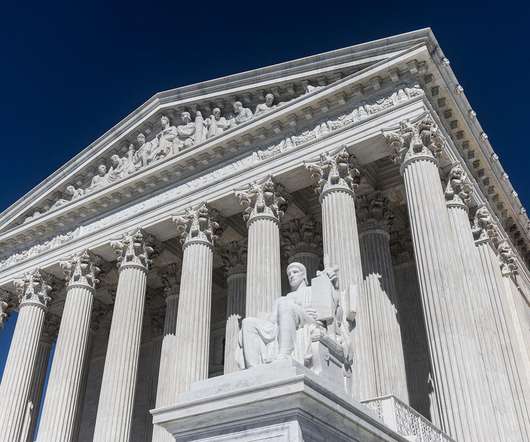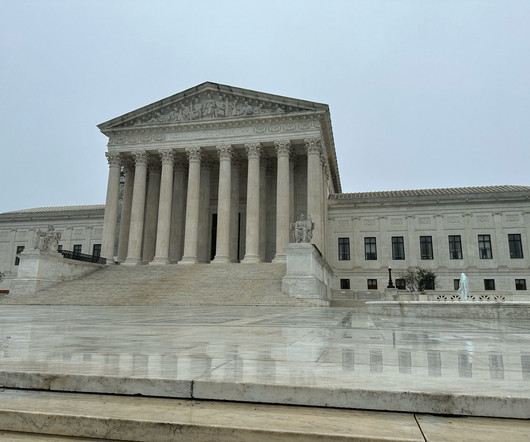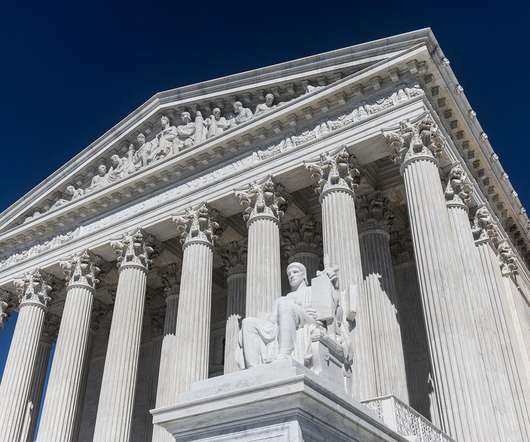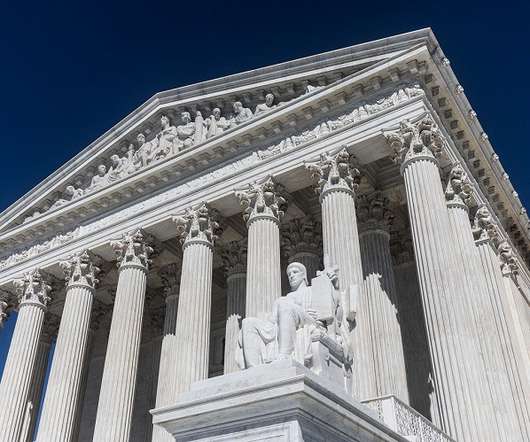US Supreme Court holds issue exhaustion not required in Social Security administrative law judge hearings
JURIST
APRIL 25, 2021
The US Supreme Court Thursday held that Social Security disability claimants are not bound by the issue-exhaustion requirement in administrative law judge (ALJ) hearings. Issue exhaustion is the principle that parties in an administrative review first raise an issue with the agency before bringing the matter to federal court.






















Let's personalize your content